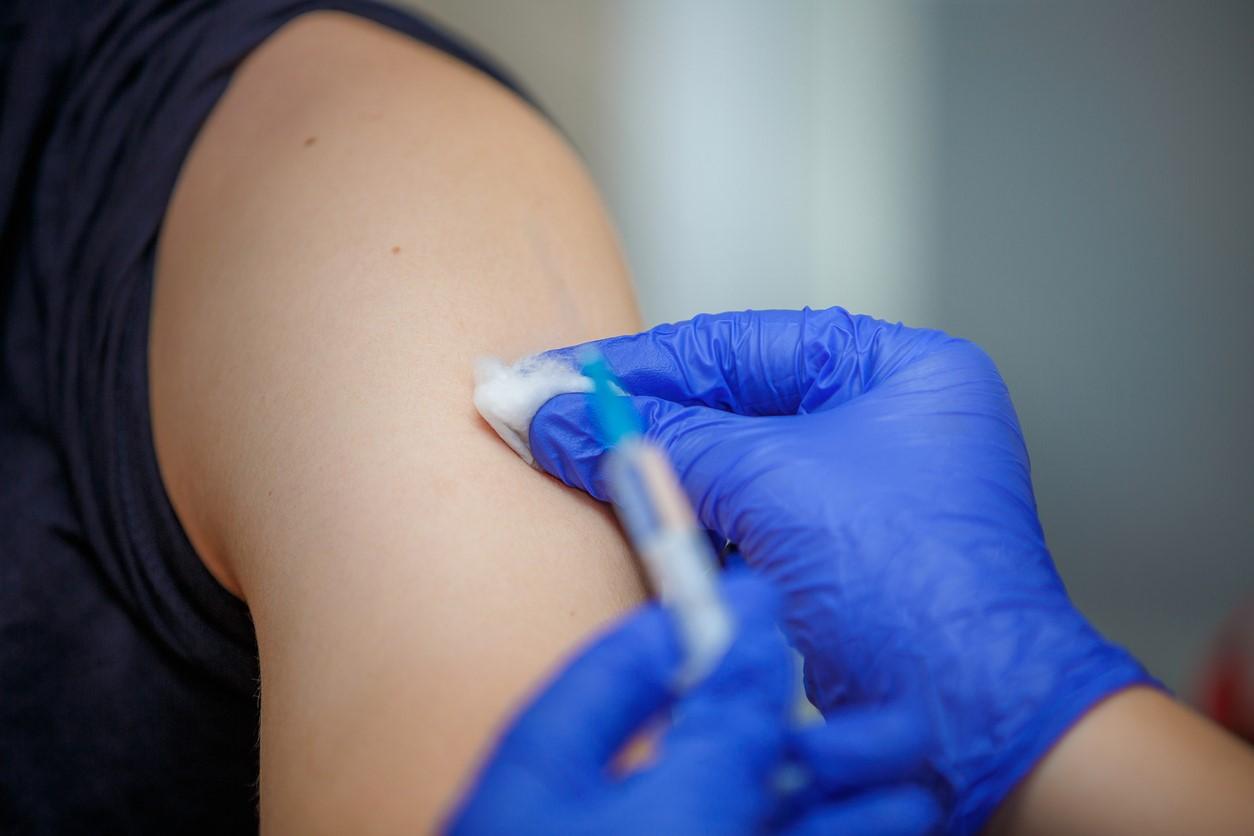In interim late-stage study findings, Oxford University today announced that the COVID-19 vaccine it is developing with AstraZeneca is highly effective, bringing the world promising news for the third time this month about a pandemic vaccine candidate.
The latest vaccine news comes as COVID-19 levels surge in the United States and Europe, with fears that illness levels could jump again after Thanksgiving and Christmas holiday gatherings.
Smaller first dose showed highest efficacy
Researchers looked at two different dosing regimens for the chimpanzee adenovirus-vectored vaccine, one that involved two standard doses and one consisting of a halved first dose followed by a standard second dose. For both, vaccine doses were given 1 month apart.
Combining data from both dosing regimens found that the vaccine is 70.4% effective. Individually, effectiveness was 90% when the first dose was halved and was 62% when both doses were standard. No serious safety events were found.
The findings for the first regimen are similar to the high efficacy reported earlier this month for Moderna's vaccine and the one from the Pfizer-BioNTech collaboration—both of which are mRNA-based vaccines and resulted in about 95% protection.
The Oxford-AstraZeneca study included more than 23,000 participants from the United Kingdom, Brazil, and South Africa, and the trial found 131 COVID-19 cases. In its statement, Oxford said early indications suggest the vaccine has the potential to prevent transmission from people with asymptomatic infections and that there were no hospitalizations or severe cases in anyone who received the vaccine.
Vaccine features could ease broad distribution
Andrew Pollard, MBBS, PhD, director of the Oxford Vaccine Group, said use of the dosing regimen that showed 90% effectiveness, which used a half dose for the first dose, could stretch the vaccine supply, allowing more people to be vaccinated.
Pascal Soriot, DVM, MBA, AstraZeneca's chief executive officer, said in a statement that the vaccine will have an immediate impact on the pandemic, especially since it can be stored in regular refrigeration and that the vaccine is poised with broad distribution with its no-profit pledge and commitments to equitable distribution.
The vaccine uses weakened version of a common cold virus to shuttle a gene from SARS-CoV-2 into cells to make the coronavirus spike proteins that the body will use to defend against natural COVID-19 infection. In May, the US government, through Operation Warp Speed, announced $1.2 billion to support the vaccine's development and to make at least 300 million doses for the United States.
Oxford said it submitted the analysis for peer review in a scientific journal and that it and AstraZeneca will submit the interim findings to regulators across the world for approval, including for emergency use.
Light at end of tunnel shines brighter
At a World Health Organization (WHO) media briefing today, Director-General Tedros Adhanom Ghebreyesus, PhD, said that with today's news, "The light at the end of this long dark tunnel is growing brighter." He added that, when combined with tried-and-true public health measures, the vaccine offers real hope.
He said the significance of the scientific developments—with vaccine being developed in record time—can't be overstated, but it's now up to the international community to set a new standard for equitable access, which will ensure that cases are stamped out in every country, making the whole world safer.
At today's briefing, WHO officials said they have been in talks with Oxford and AstraZeneca about the vaccine being submitted for WHO prequalification, and they hope for a formal assessment at the beginning of the new year. WHO prequalification would mean the vaccine meets its qualify, safety, and efficacy standards, which would pave the way for global health groups to buy it for use in at-risk countries.






















